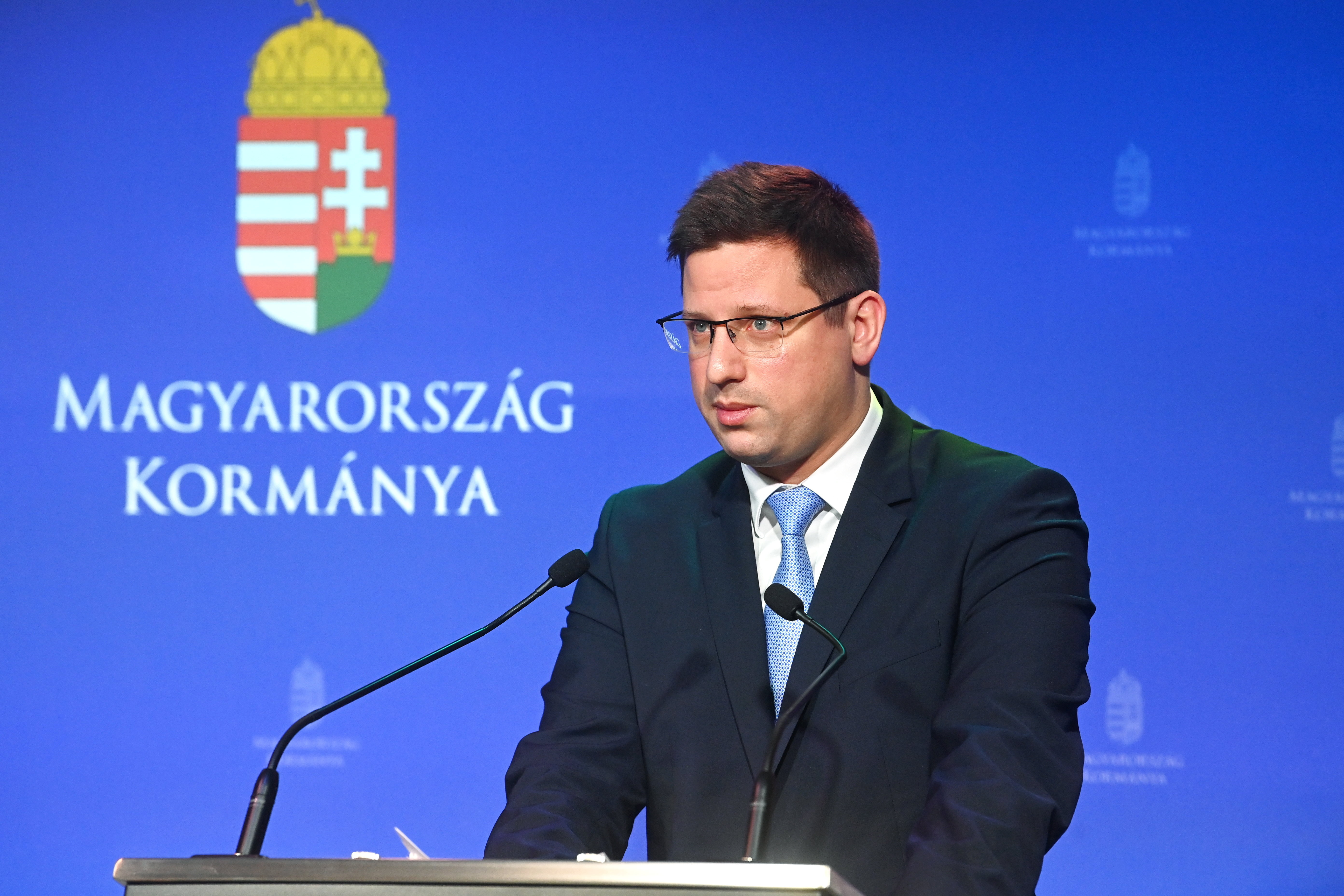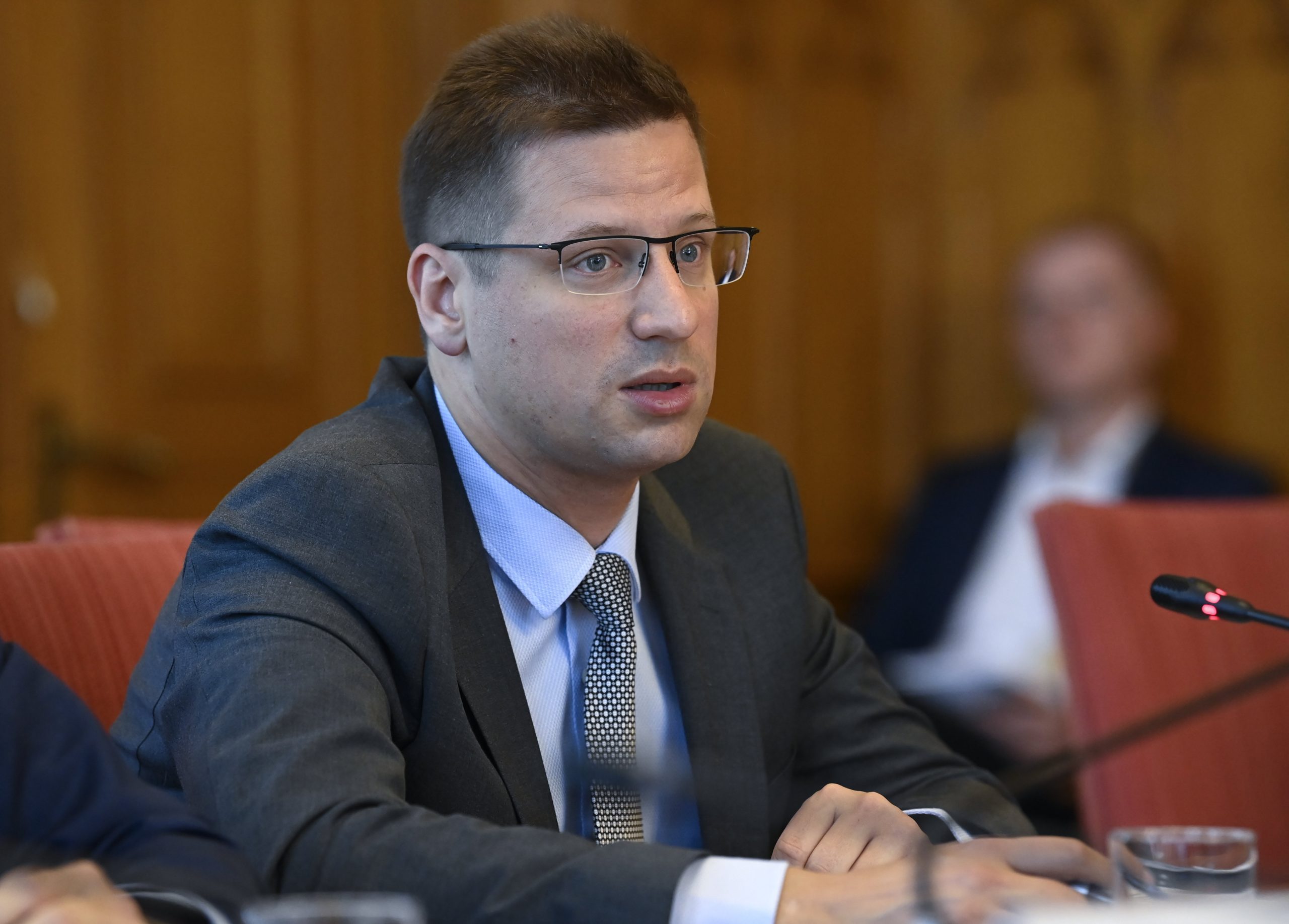
Hungary will keep to the sanctions which were adopted at the EU summit in Versailles in March, Gulyás said, noting that these sanctions do not cover crude or natural gas.Continue reading

The reform of Hungary’s public administration sector since 2010 has been successful, and has withstood the extraordinary challenges of the past four years, Gergely Gulyás, the head of the Prime Minister’s Office tapped to stay in position in the fourth consecutive Orbán government, told parliament’s justice committee on Thursday.
There is “almost cross-party consensus” that the reorganization of public administration tasks has been a success, Gulyás said. By now, public services are mostly performed through a single point of contact, swiftly and at a high level, in a really “citizen-friendly” way, he said.
At the same time, government offices also handled the crises of the past years, such as the coronavirus pandemic and the aid to Ukrainian refugees, extremely well, he said. Concerning refugees, he said over 750,000 people had fled to Hungary from Ukraine, but mostly ethnic Hungarians stayed or Ukrainians with family in the country, an estimated 100,000 people.
Hungary, he said, had “showed a beautiful example of solidarity” in recent months, and “verified its political position that migrants travelling through seven or eight safe countries can no longer be considered refugees and on the other hand, the first safe country must be ready to provide shelter to refugees”.
Gulyás said he had tapped Balázs Fürjes, who up until now had served as the state secretary for the development of Budapest, as his parliamentary state secretary.
The government’s Modern Cities and Hungarian Village programmes will continue to be overviewed by Alpar Gyoparos, he said. Concerning the former programme, he highlighted completion of 800 kilometres of roads and motorways in the past seven years, while developments in the latter programme had contributed to a positive demographic turn in villages, he added.
On another subject, Gulyás said that funding for civil organisations had increased from 3.4 billion forints (EUR 8.85m) in 2012 to 10.9 billion in 2022.
The committee supported Gulyás’ nomination for the post with eight votes in favour and three against.
Featured image via Tamás Kovács/MTI